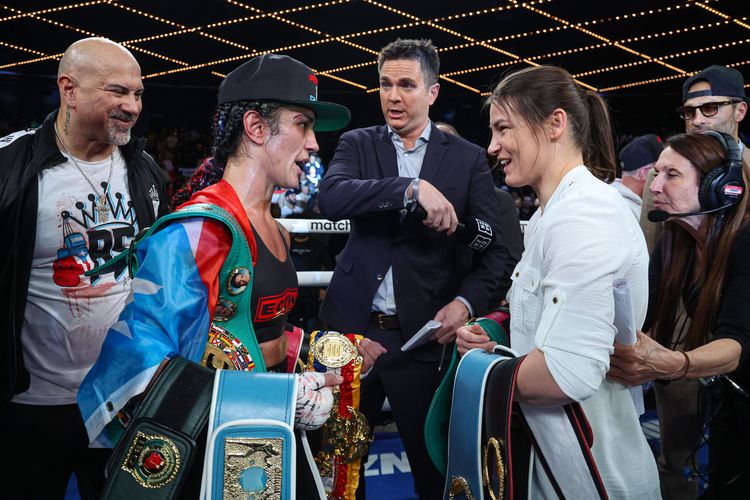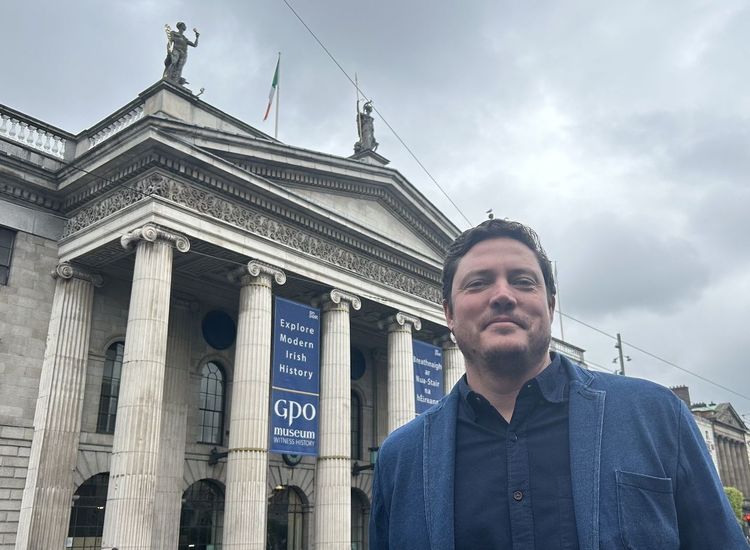[caption id="attachment_71984" align="aligncenter" width="600" caption="Queen Elizabeth stands alongside then President of Ireland Mary McAleese at the Garden of Remembrance in Dublin last year as together they laid a wreath in memory of those who fought and died in the 1916 Rising. Photocall"]
Last week brought with it wall to wall media coverage of public celebrations in Britain, and in parts of the North, as Elizabeth 11 celebrated 60 years as head of the British state and its commonwealth. Next up, she will visit the North as part of these diamond jubilee celebrations.
35 years ago it was all very different. The atmosphere in the North surrounding the silver jubilee celebrations was one of confrontation and danger.
In 1977, British direct rule was the order of the day and the Labour minister, Roy Mason was in charge. It was the height of the British government's criminalization, ulsterization and normalization strategy.
Mason was a British militarist who believed that the republican struggle could be defeated through the application of brute British military strength.
The strategy had been concocted under his predecessor, Merlyn Rees, but Mason made it his own. He embraced the military elements enthusiastically.
The strategy was three fold: criminalize the IRA and republican prisoners and thus alienate republican activists from their core support base; increase the membership of, and push the RUC and locally recruited Ulster Defense Regiment into the front line - thus reducing the number of British army casualties - and, thirdly, persuade the British public and the international community that life in the North was really normal but for the behavior of a small group of armed criminals who were being dealt with by the "police."
The RUC was then headed by Kenneth Newman. He began his policing career in the British Palestine Police Force. He also served in the Palestine Special Branch in the years leading to the establishment of Israel in 1948.
Newman was a stalwart defender of the brutal interrogation tactics employed by the RUC special branch which led to hundreds of convictions in special non-jury courts using forced confessions as evidence.
In June, 1977, Newman claimed that republican detainees were beating themselves up in Castlereagh and the other interrogation centers in order to discredit the RUC.
In the summer of 1977, Mason convinced the British government that he could guarantee the safety of Elizabeth 11 and bring her to the North for two days as part of the wider silver jubilee celebrations.
In the British political system, the monarch and royal family are extensions of the will of the government. The monarch has little real power. Her speeches are written by the government. Her schedule is set by the government. And in return, she and her family enjoy a privileged position.
The Irish experience with British monarchs going back many centuries has been a tragic and costly one. There was outrage and anger among nationalists and republicans at the visit.
The response among unionists was the polar opposite. The connection between unionism and the British monarchy is political and emotional and deep rooted. The Glorious Revolution of 1688 saw the replacement of the Catholic James 11 with the Protestant William of Orange and his wife Mary. The defeat of James and the victory of King Billy, and the dominance of political unionism, is an integral part of Britain's colonial legacy in Ireland and is celebrated each year in the North through the Orange marching season.
In 1977, the jubilee visit was a central part of Mason's war strategy. It was intended to be a demonstration that the British were winning the war and that the North was "normal."
However, to guarantee its success the British, just prior to the visit, carried out raids all across the North. Over 300 people were lifted. Hundreds more were arrested during the two day visit itself. Mason put over 32,000 soldiers and RUC on the streets.
In response, the IRA placed a small bomb in the grounds of the University of Ulster at Coleraine and Sinn Féin organized a "Stuff the Jubilee" march on the Falls road.
It was a period of intense and serious tension.
Leap forward 35 years and the political situation has dramatically changed. Mason and his brand of colonialism and militarism have long been consigned to the dustbin of history. The republican struggle was not defeated. On the contrary, republicanism is stronger now than at any time since partition. In the South, Sinn Féin is a growing political force. In the North, Sinn Féin is the largest nationalist party and is an equal partner with unionism in the power sharing arrangements.
This is the context for another jubilee visit by the British monarch. Unionists are delighted again. But this time, most nationalists are largely unconcerned, indifferent or amused spectators.
Irish republicans come at this politically. We are against empires and monarchies and dictatorships. Of any kind. Political or religious, secular or industrial. They are all about power for elites, and this republican is against power for elites.
Republicans are for a republican form of government in which the people are sovereign and citizens, not subjects. Republicans are for a republic in which citizens have rights and share in equality, irrespective of race, class, gender, social status, education limitations, disability or poverty. And republicans are for a republic in which citizens are tolerant of each other, and of views, opinions or beliefs which are different from ours.
Society must reflect and include the entirety of its people, not part of them. Inclusiveness is vital to the well-being of any community, whether a nation community, the global village, or a local populace.
Irish republicans understand and acknowledge the attachment that many within the unionist section of Irish society have for the English royal family, and their genuine desire to welcome and celebrate English royal visits to this country. Sinn Féin respects that.
Last year, Elizabeth's visit to the Irish state marked a rapprochement in relations and she made some important gestures and remarks which demonstrate the beginning of a new understanding and/or acceptance of the realities of past.
However, republicans are also very conscious of the many unresolved legacy issues connected to the past conflict. Addressing these issues must be an integral part of any process aimed at bringing about the normalization of relationships between the peoples of these islands, a normalization based on mutual respect.










